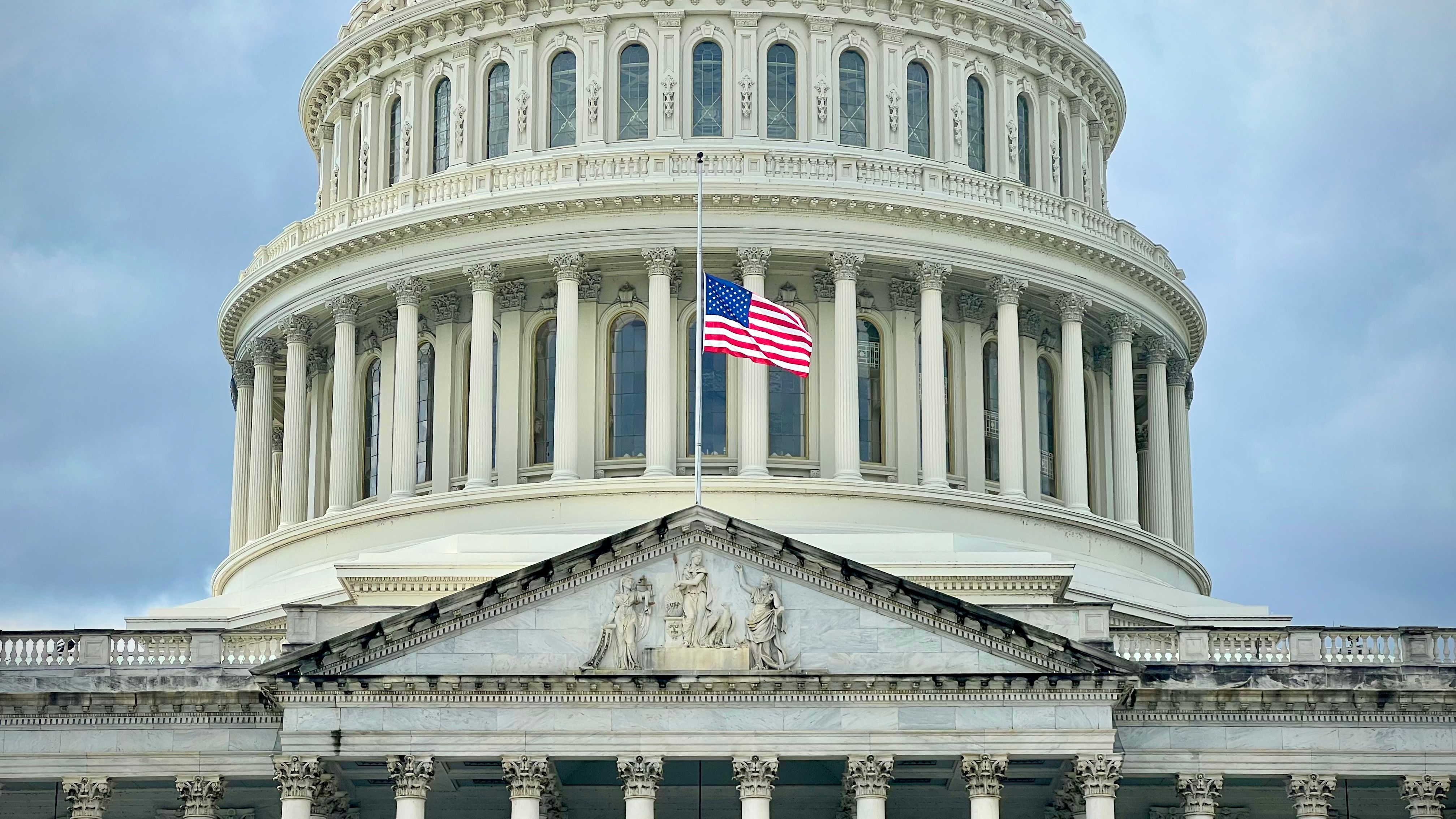
In recent weeks, Congress has made historic strides toward securing America’s leadership in digital asset innovation. With the passage of the GENIUS Act, we’ve taken a major step toward ensuring that this emerging sector operates under clear, consistent rules—rules that protect consumers, encourage responsible innovation, and strengthen national security. But make no mistake: this is just the beginning.
As leaders with complementary perspectives—one from years in the Senate shaping financial policy, the other with decades in national security—we share a conviction: the U.S. must lead on Bitcoin and digital asset innovation. Clear, responsible regulations will unlock economic opportunity, preserve privacy, and protect against illicit finance. Washington’s approach must be rooted in both freedom and security—and we’re committed to delivering that balance.
The GENIUS Act represents a major step forward in establishing guardrails for stablecoins—digital tokens backed 1:1 by dollars or dollar equivalents. It sets guidelines for oversight at both state and federal levels, ensuring stablecoin issuers meet transparency and reserve requirements while protecting consumers without stifling innovation. Given that stablecoins play an increasingly vital role in global finance, this bipartisan bill establishes a framework for the U.S. to maintain competitive credibility.
Broader market structure reform is essential. Congress must clarify the distinction between digital assets classified as securities and those regarded as commodities. Bills like the Lummis-Gillibrand Responsible Financial Innovation Act assign primary jurisdiction to the CFTC for digital asset commodities and extend the SEC’s consumer protection authority, paving the way for responsible advancements throughout the digital asset ecosystem. For innovators, it’s a green light; for bad actors, a stop sign.
This sends a powerful message: the U.S. is ready to compete. Countries globally are racing to attract crypto companies, talent, and capital. We cannot allow outdated laws or regulatory hostility to push this new wave of financial infrastructure overseas.
Bitcoin fundamentally supports the entire digital asset ecosystem and represents our best opportunity to establish a decentralized monetary system based on liberty and individual sovereignty. In this Congress, the BITCOIN Act was introduced to clarify Bitcoin’s standing under federal law, advance its responsible integration into our financial system, and promote its use as a secure and censorship-resistant reserve asset.
Legislation like this is crucial in practice and worth noting that legislators in Michigan are already paying attention. Just this year, a bipartisan group in Lansing introduced various pro-crypto bills aimed at protecting consumers, increasing transparency, and establishing a “Cryptocurrency Bill of Rights.” The state has even launched the Michigan Cryptocurrency and Financial Innovation Caucus to educate policymakers and support forward-looking digital asset strategies, including a proposed state-run cryptocurrency reserve—a visionary step that could help secure Michigan’s financial future.
Wyoming has demonstrated the possibilities when smart regulation fosters innovation, having enacted over 30 digital asset laws in recent years to establish a comprehensive framework for blockchain banking, digital property rights, and tokenized finance. Michigan is stepping up as a national leader in this regard—and we couldn’t be more optimistic.
Yet, significant issues remain unresolved in Washington. We must implement a de minimis exemption to allow Americans to use Bitcoin for small everyday transactions without incurring cumbersome tax reporting. Double taxation on Bitcoin—from mining to sales—should be abolished, and the Corporate Alternative Minimum Tax (CAMT) needs reform to ensure Bitcoin isn’t penalized under the new regime. These points are foundational for allowing Bitcoin to flourish as a tool for freedom and inclusion.
The stakes are higher than merely a new asset class; they encompass the future of financial sovereignty, national competitiveness, and innovation itself. America must lead in crafting a digital economy that reflects our core values of transparency, individual liberty, and open access.
The GENIUS Act is a significant victory—but it’s not the final one. In the coming months, we will continue to strive for intelligent, comprehensive regulations that govern how digital assets are managed, traded, and controlled—address critical tax and regulatory issues—and ensure that the United States remains the safest and most trusted environment for Bitcoin and digital assets in the world.
We’re just getting started—and we’re excited to have Michigan onboard in this vital pursuit.



